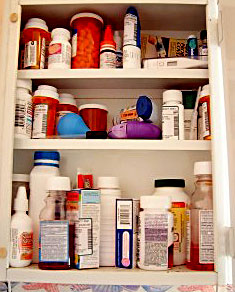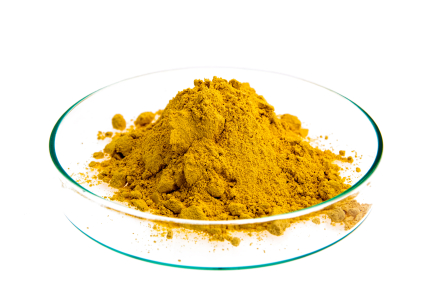by admin | Oct 1, 2012 | Awareness month, Monthly Condition
Breast cancer has reached near epidemic status among American women as it is currently estimated that one out of eight women in the United States will develop breast cancer in her lifetime. Currently, breast cancer causes over 40,000 deaths in the United States each...

by admin | Sep 30, 2012 | Natural Facts, Newsletter thru 2013
Dr. Murray joins Lisa, from Its Your Health Network to talk about five medicines in your medicine cabinet that do more harm than good. You can listen here:...

by admin | Sep 27, 2012 | Natural Facts, Newsletter thru 2013
Phytosomes are advanced forms of herbal products that are better absorbed, utilized, and as a result produce better results than conventional herbal extracts. Phytosomes are produced via a patented process whereby the individual components of an herbal extract are...

by admin | Sep 27, 2012 | Supplements, Treatments and Research
As one of the leading proponents of natural products, I am a firm believer in the value of proper nutritional supplementation. Over the years, however, I have been angered by the shameless marketing of bogus products with unsubstantiated, absolutely ridiculous claims....

by admin | Sep 26, 2012 | Natural Facts, Newsletter thru 2013
Introduction: The statistics on the growing epidemic of type 2 diabetes are staggering as it is now estimated that one-half of all Americans adults will develop the disease by 2020. It is a serious issue that will bankrupt our society on many levels if the tide is not...






